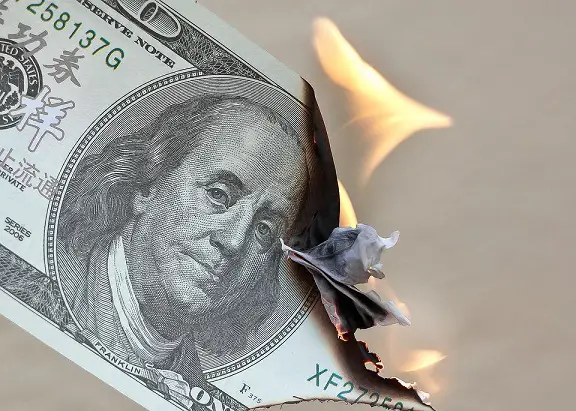The savings of Germans, built up over the last two years, has been largely depleted by inflation, a new report from Munich-based IFO Economic Institute shows.
The report says that in Germany, “private households put aside a lot of money during the two [Covid-19] years,” due to lockdowns eliminating opportunities to expend disposable income, while extensive government support maintained income levels. The savings rate averaged 15.5% in 2020 and 2021, which was significantly above the 10.6% rate common to the previous five years. It is estimated surplus savings reached just below €200 billion.
However the report indicates that these savings have now largely dissipated.
The report says, “Inflation eats up surplus savings… The data from the balance sheet statistics of financial institutions shows that these surplus deposits had been almost completely eliminated by the end of the first quarter of 2022.” The report goes on to say that in the second quarter of the year, the volume of total bank deposits declined well below the average for the last five years as well,
The IFO researchers concluded, “The savings cushions from the coronavirus period have now been used up in many households. At the same time, consumer prices are likely to continue to rise sharply. There is therefore much to suggest that private consumption will no longer be the driving force behind the German economy for the rest of the year.”

